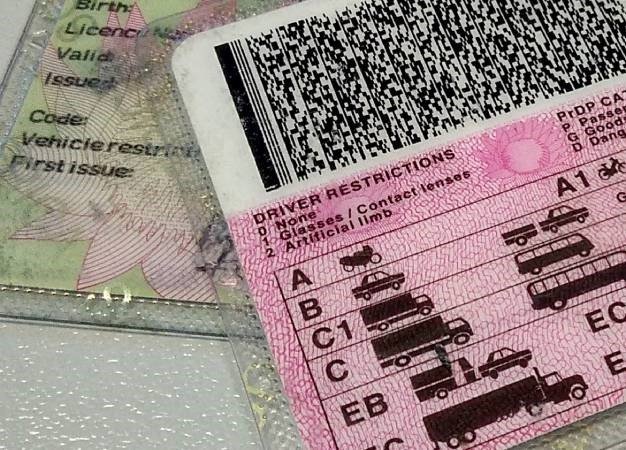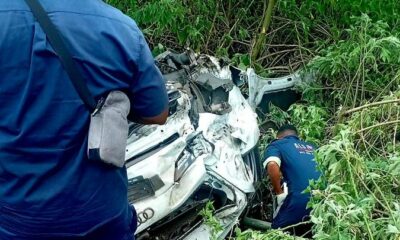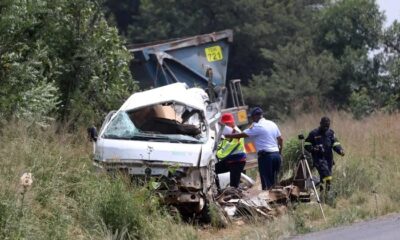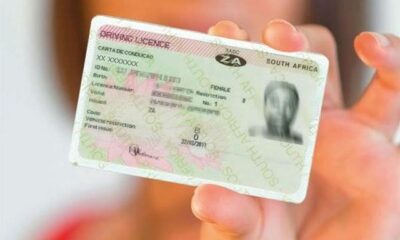News
How the New AARTO Law Could Stop You from Selling Your Car in South Africa

South Africans are no strangers to traffic fines. For many, those yellow slips stuffed under a wiper blade or sent in the post have become a routine annoyance. But a new law is about to change the game entirely and it could even prevent you from selling your car if you have unresolved fines.
That’s the reality of the Administrative Adjudication of Road Traffic Offences (AARTO) Act, which is being rolled out nationwide between December 2025 and September 2026.
Why This Matters for Everyday Drivers
Michael Pashut, founder and CEO of the vehicle marketplace ChangeCars, has warned motorists that unpaid fines won’t just be an inconvenience under AARTO – they’ll directly affect car ownership.
“If you try to sell a car with unresolved AARTO infringements, you could be prevented from doing so,” he explained.
That means before you can transfer ownership, you’ll need to clear every outstanding fine linked to your name. And for companies with large fleets, the new rules could get even trickier: if they don’t nominate the driver responsible for a violation, the company itself will carry the fine and demerit points.
What Is AARTO Trying to Achieve?
The government’s pitch is simple: safer roads. By linking fines and demerit points directly to the vehicle owner, drivers will no longer be able to dodge responsibility or pass the problem to the next owner.
Under the system:
-
Every driver starts with zero demerit points.
-
Points are added when you commit traffic violations, depending on the seriousness of the offence.
-
15 points = licence suspension. Multiple suspensions could mean a permanent cancellation.
-
Points reduce by one every three months if you keep a clean record.
For the first time, infringement notices will also be sent digitally, via email and other platforms, meaning fewer excuses about “not receiving the fine.”
Local Concerns and Social Reactions
Reactions online have been mixed. Some South Africans on Twitter (X) joked that “selling your car to dodge fines is the real Joburg hustle,” while others worried about the potential chaos if eNatis systems go down during a sale.
Fleet companies and dealerships, in particular, are worried about how the law will slow down vehicle transfers. On the other hand, road safety campaigners have welcomed the law, arguing that too many repeat offenders have escaped accountability for years.
Does It Actually Work Elsewhere?
Pashut pointed out that demerit systems are hardly new. Countries like Australia, New Zealand, the UK, and France have had versions of AARTO for decades. Studies show these systems cut road fatalities by about 10% and reduce serious traffic injuries by around 9%.
In South Africa, AARTO has already been piloted in Johannesburg and Tshwane, but without the full demerit system. The national rollout has faced several delays, partly due to administrative backlogs and legal challenges.
As of mid-2025, the Road Traffic Infringement Agency (RTIA) is busy integrating AARTO into the national eNatis system and training 25,000 traffic officers. But one key hurdle remains: the appointment of an AARTO Appeals Tribunal, which is still in progress.
What’s Next?
The rollout will happen in three phases:
-
December 2025 – Launch in 69 metros and municipalities.
-
April 2026 – Expansion to 144 more municipalities.
-
September 2026 – Full launch of the national demerit system.
Until then, motorists have some time to prepare.
A Fresh Way of Looking at It
For years, fines in South Africa have been treated casually, sometimes ignored, sometimes “lost in the post.” AARTO is about to end that era. Whether you’re a student driving a second-hand hatchback or a logistics company with 200 delivery vans, unresolved fines will soon have real consequences.
And maybe, just maybe, that’s the cultural nudge the country needs. After all, fewer reckless drivers on the road benefits everyone.
As Pashut put it: “The easiest way to avoid these consequences is to drive responsibly.”
{Source: BusinessTech}
Follow Joburg ETC on Facebook, Twitter , TikTok and Instagram
For more News in Johannesburg, visit joburgetc.com



























